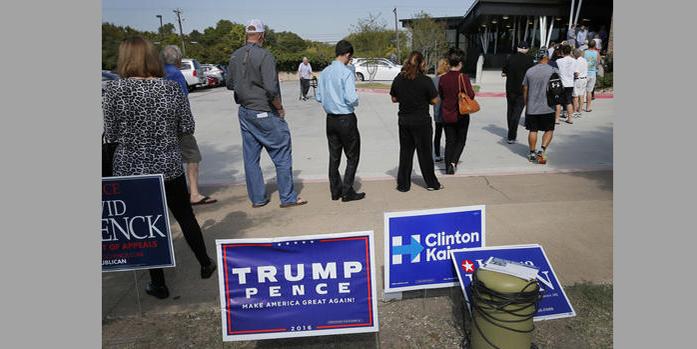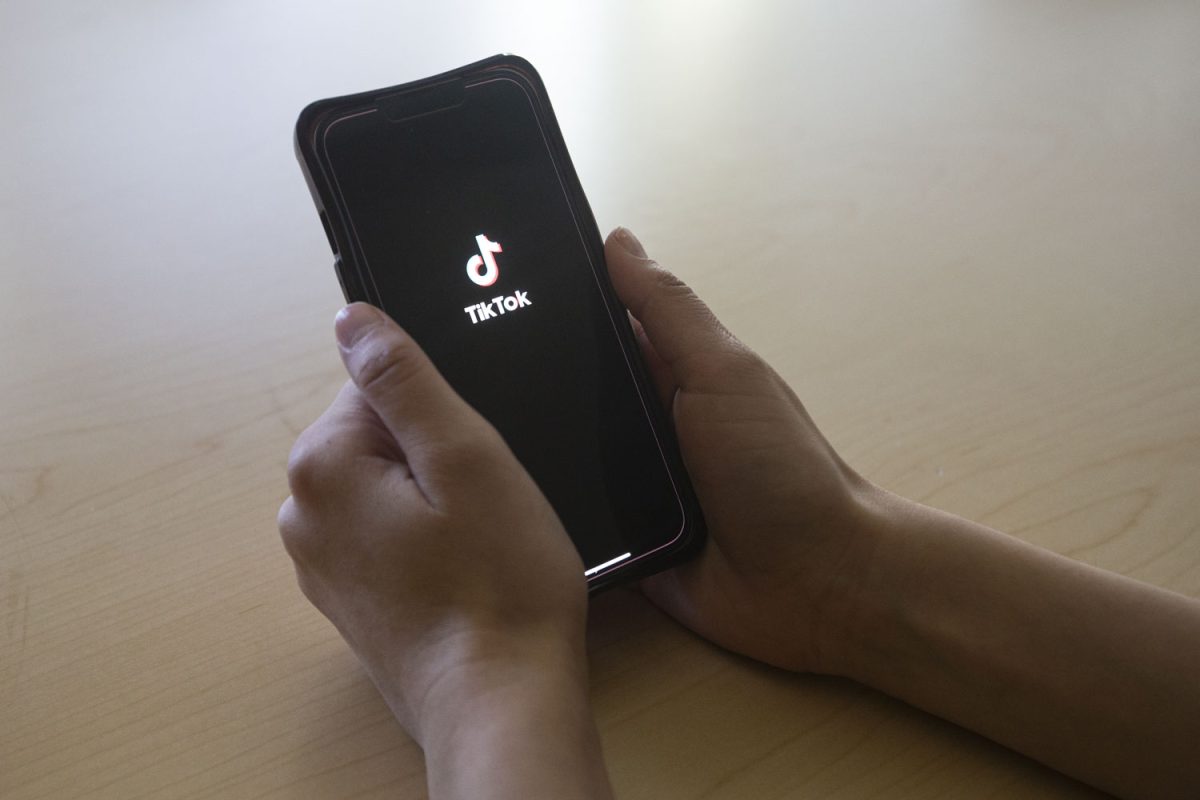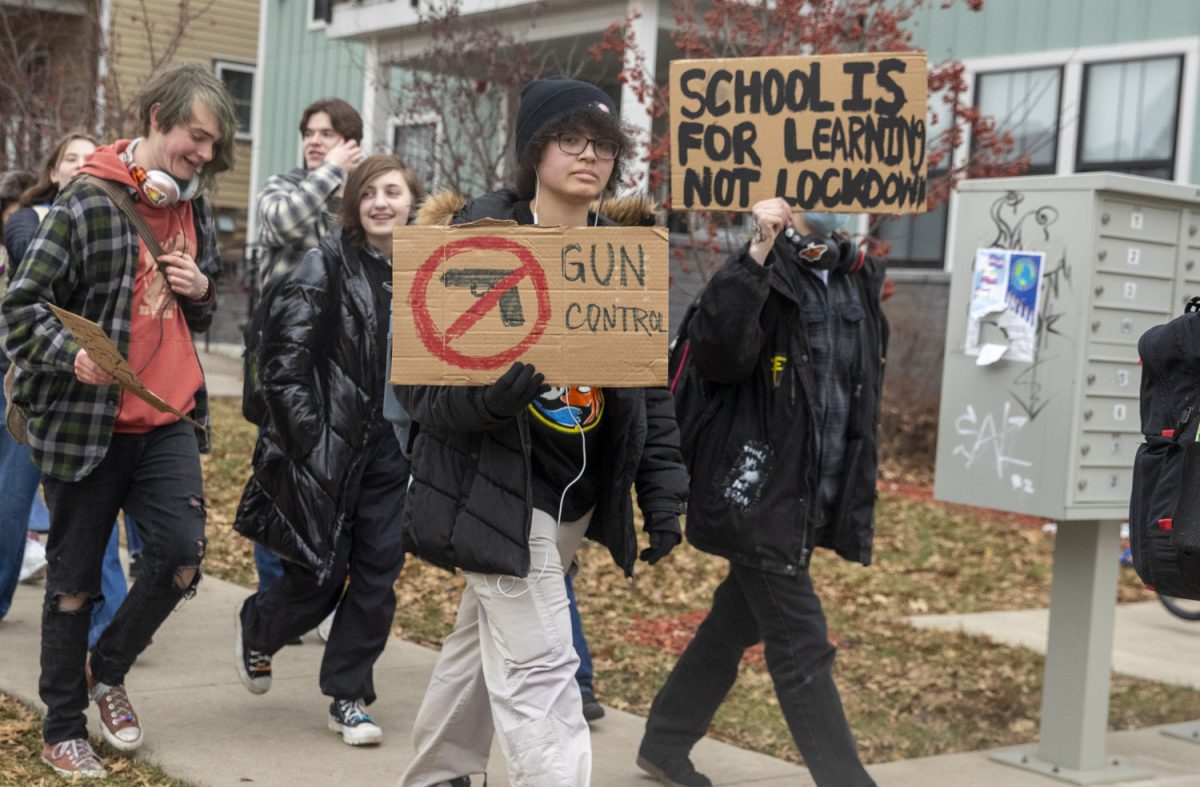Like a quarter which has impossibly landed on its rim, the election has turned to teeter between Donald Trump and Hillary Clinton. North Carolina and Florida were early red flags seen in a historical election that has come to a standstill. Premonitions were seen with Ohio as well, with the *Columbus Dispatch* conducting a survey days before the election that “[showed] Democrat Hillary Clinton leading by 1 point, 48 percent to 47 percent, over Republican Donald Trump heading into the final days of the raucous race.”
The polarized election has never been so divisive. The infamous 2000 election between Al Gore and George Bush came to a stalemate of similar sorts, prolonging a decision that would satisfy a then-flabbergasted American public.
But this election is exceptional in the stark contrast between the two opponents. Rather than the finer points of foreign policy or economic methodology in contention, there are two sweeping ideologies pitted against one another.
On one end, Trump’s lowest-common-denominator approach to rhetoric: sensational fear mongering and thinly veiled racism, inciting hateful democratic ambition in the gullible culminating in numerous attempts of voter fraud.
On the other, Clinton’s tried and true political approach, rooted in experience and level-headed fact. Of course, her arguably shady reputation has been met with a general feeling of distrust by at least half of the public, which has lost her votes.
If anything, these results reflect a deep undercurrent of ambivalence reminiscent of Nixon’s idea of the silent majority, and ultimately hint at a rather frightening divide in the mentality of the American people. It would be one thing if this stalemate were between two equally qualified candidates with the only distinction that could be made in regards to leadership potential being a difference in ideological opinion. However, that is simply not the case.
This close call is between a seasoned politician who is certainly not beyond reproach but at the very least has the political background to justify her run for presidency, and the other is, well, Trump. While we cannot levy outright criticism at the American people for voting in alignment with their beliefs, it is worth examination when such a clear distinction can be extrapolated from the results. Given all that Trump represents, this close of an election certainly has larger implications.
For all those who believed the success of the Trump candidacy to be a fluke bolstered and perpetuated by a few outspoken followers, this election serves as a reminder of the very real political ramifications of his campaign. It is not to say that Trump materialized out of thin air, and neither did the half of the constituency that went out and voted in his favor. Regardless of the final results of this election, 2016 will already be a year that goes down in history, and it will be up to decide whether it be for a positive reason or a negative one.










